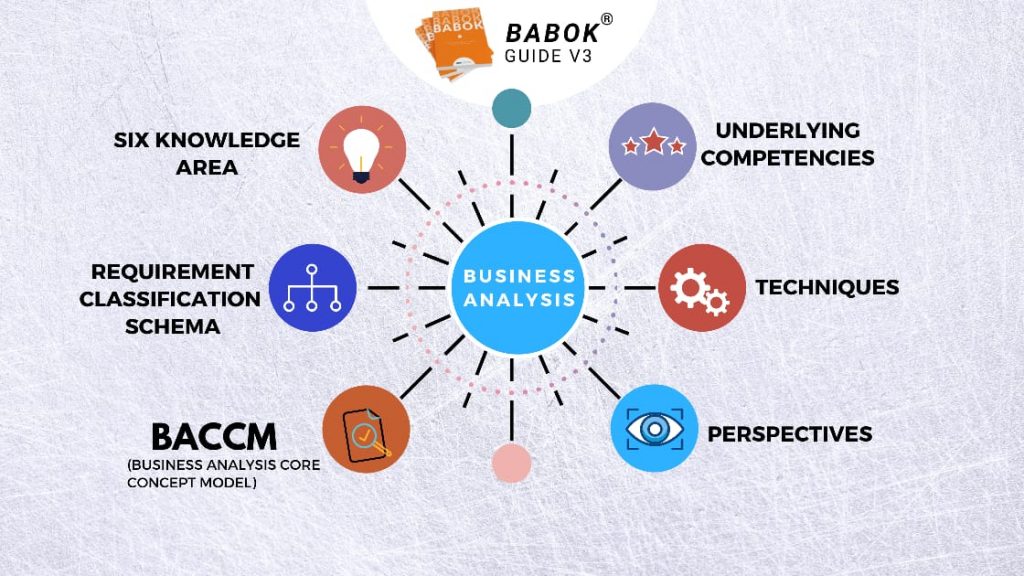Example of Business Needs: 10% of the top value customers have withdrawn from services because of quality issues.The business analysis further helps to define the business objectives of the organizations. In fact, Business needs are the input to define these business objectives.
Example: Improve service quality by 100% to gain lost customer and onboard 20% new customer for the organization by providing quality of service offering.Remember, strategic or business objectives must be derived from or linked to the business needs of the organization. Strategic objectives form the backbone of a strategic plan. They represent specific, short-term actions (1 to 2 years) that are the result of the vision (typically 5 or more years) and goals (usually, 3 or more years).
Strategic thinking simply means asking, “Are we doing the right thing?” More precisely, it means assessing whether the right thing is being done.Once you identified business needs & have finalized the business objectives then the Business analysis can be considered to build a strategic plan that will recommend a solution which will address the business needs. Of course, you need to prepare a Business case to justify this recommended solution.
Business analysis is a key hard skill for every role, whether you are managing an operation that is supporting the existing solution that delivers value for the organization or you managing projects that create a new solution or updates the existing in the context of products or services improvement.
The BABOK (Business Analysis Body of Knowledge) guide from IIBA is a great framework that talks about different elements such as the Business Analysis Core Concept Model (BACCM), the requirement classification schema, and well-defined 6 knowledge areas. This guide seriously helps you in doing business analysis by focusing on improving the underlying competencies, defining tools & techniques that are essential for doing business analysis, and more importantly covering all the different perspectives in which the business analysis is performed such as agile, business intelligence, information technology, etc.
So, Business Analysis helps your organization identify or discover the real business needs, define business goals & objectives which bridges the gap to its vision. It enables strategy analysis and recommends solutions that satisfy the business needs in a given context.Write to us at [email protected] or WhatsApp at "+91 78755 61193" for our upcoming BA training, we will assist you in selecting the right BA certification such as ECBA, CCBA, or CBAP based on your profile and BA experience.
Do like & share feedback on this article/blog.
Author,
Kailash Upadhyay
https://www.linkedin.com/in/kailashupadhyay/
